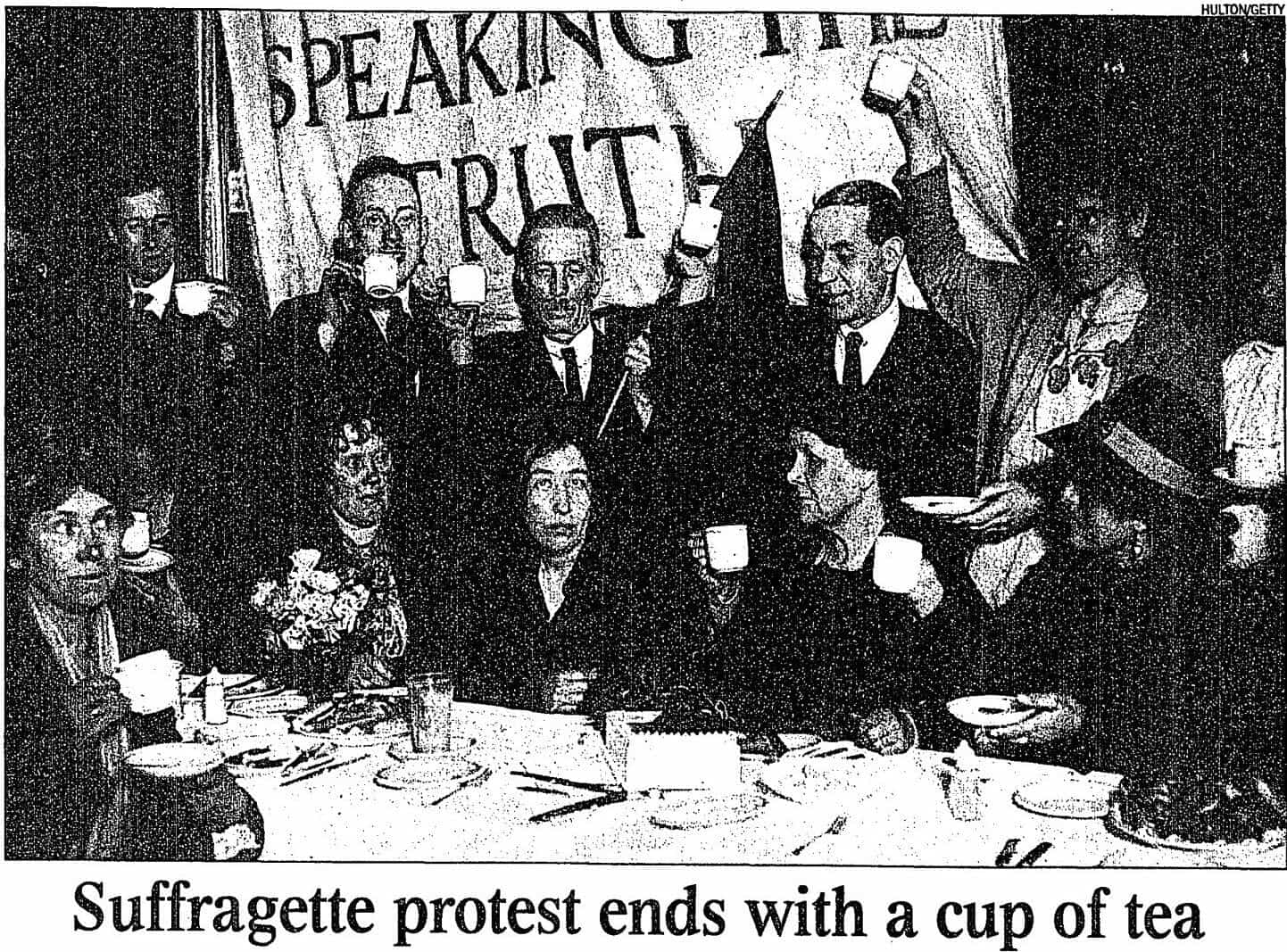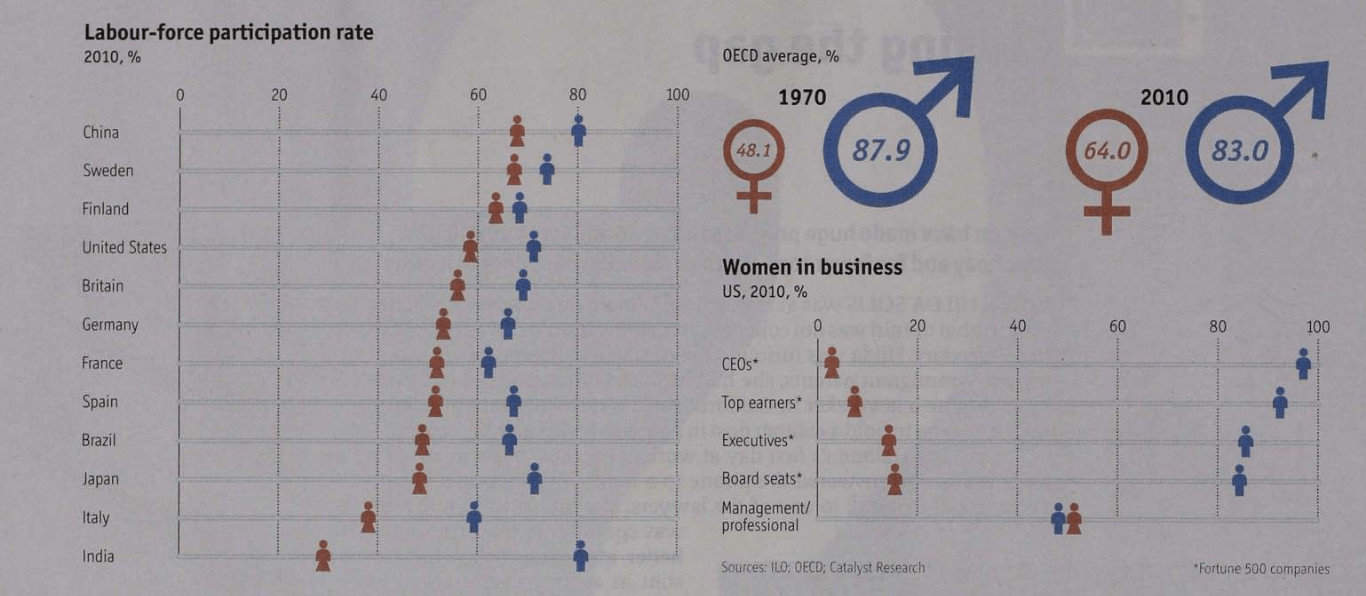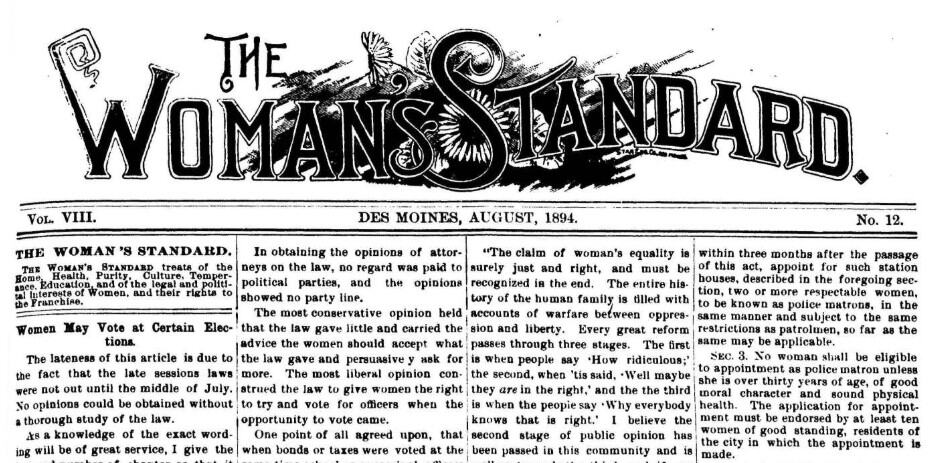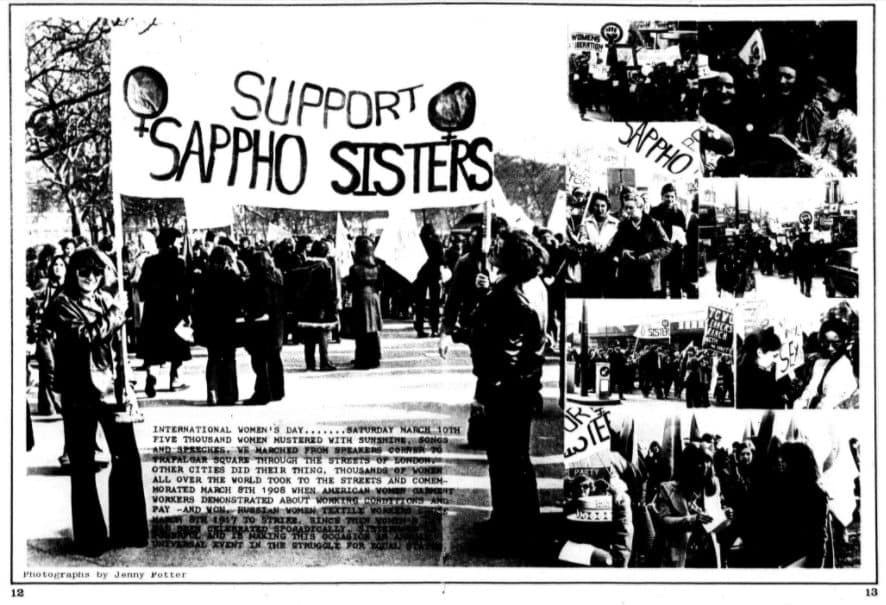│By Kat Weiss, Gale Academic Intern |
In the years leading up to the Nineteenth Amendment and after its ratification in 1920, American women realised that equality did not end with the right to vote. They recognised that they now had a civic duty to their country, to use this newfound right responsibly. With that realisation came a new question: now that women could participate in democracy, how would they learn to practice it?
They did not have access to the same education and resources as their male peers because the system was not built for them; they needed to find new ways to educate themselves and each other. With that in mind, the Nineteenth Amendment opened a new chapter in women’s history, one centred on learning how to exercise civic power. Using primary sources from Gale’s Nineteenth Century Collections Online, we can trace how women across the USA began to define and teach the responsibilities of citizenship.






